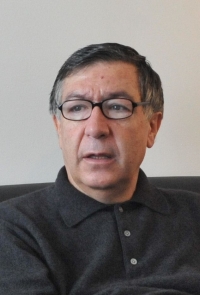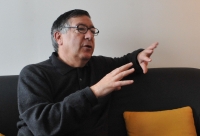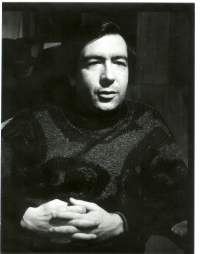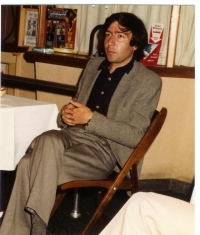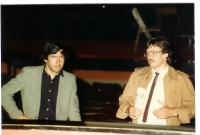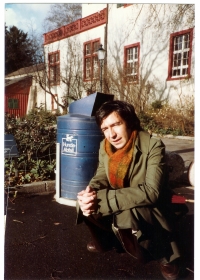Between 1975 and 1984 he made over 120 documentary films
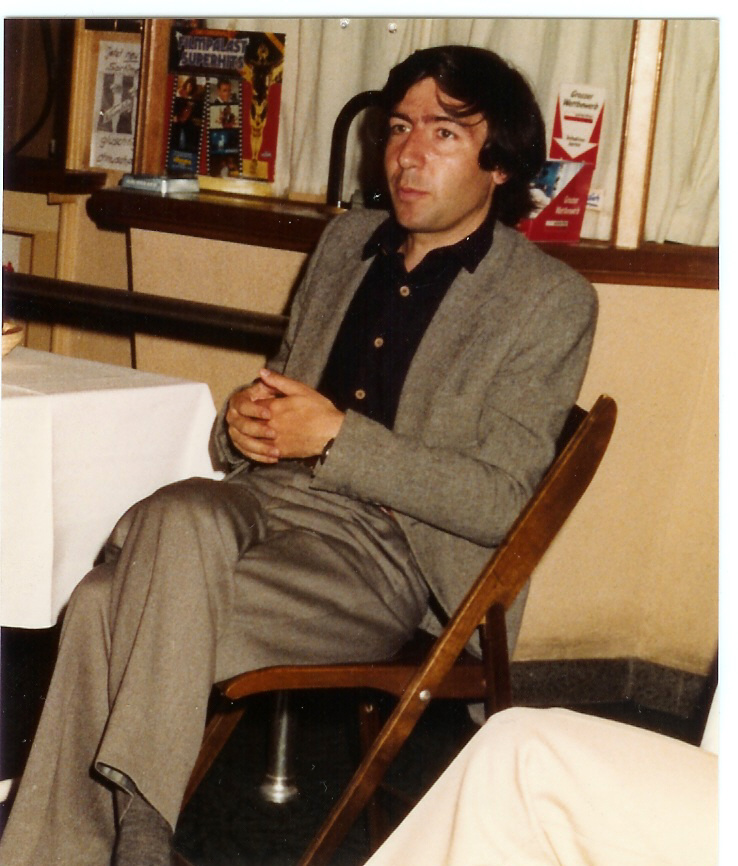
Download image
Bernard Šafařík was born on 24 May 1948 to parents Eliška Šafaříková, née Schebková, who came from a famous noble family of railway builders, and Zdenko Šafařík Pštross. Before the war, his father worked as an export specialist at Škoda Plants, but after 1948 he refused to join the Communist Party, was dismissed from his original job and supported the family as a milling machine operator at Motorlet. At the end of the 1940s, the state confiscated the family’s property and they moved to grandmother’s house in Prague. Bernard Šafařík studied at grammar school, but was expelled from his studies for cadre reasons. He found a job at Prague Breweries and was eventually allowed to study at secondary technical school. In 1967 he visited Switzerland and decided to emigrate. After returning home, he discussed everything with his parents, who also decided to leave Czechoslovakia. They left together in the spring of 1968. His parents settled in Bern and Bernard Šafařík headed for Basel, where he studied political philosophy and Slavic studies at the university. After the August occupation of Czechoslovakia, he became involved in helping the incoming emigrants. Šafařík earned a living as an English teacher, publicist and author of radio programmes. He wrote on topics related to Eastern European cultures and promoted Czech literature. As an autodidact, he worked as a filmmaker. Between 1975 and 1984 he made over 120 documentary films. Since the 1980s, he also made feature films, mainly on the theme of exile and cultural adaptation of newcomers to Switzerland: Psí dostihy (1983), Chladný ráj (1986). After the Velvet Revolution, he returned to his homeland, where in the 1990s he devoted himself mainly to documentary filmmaking, for example as part of the Febio television series. Later he worked directly with Czech Television.

